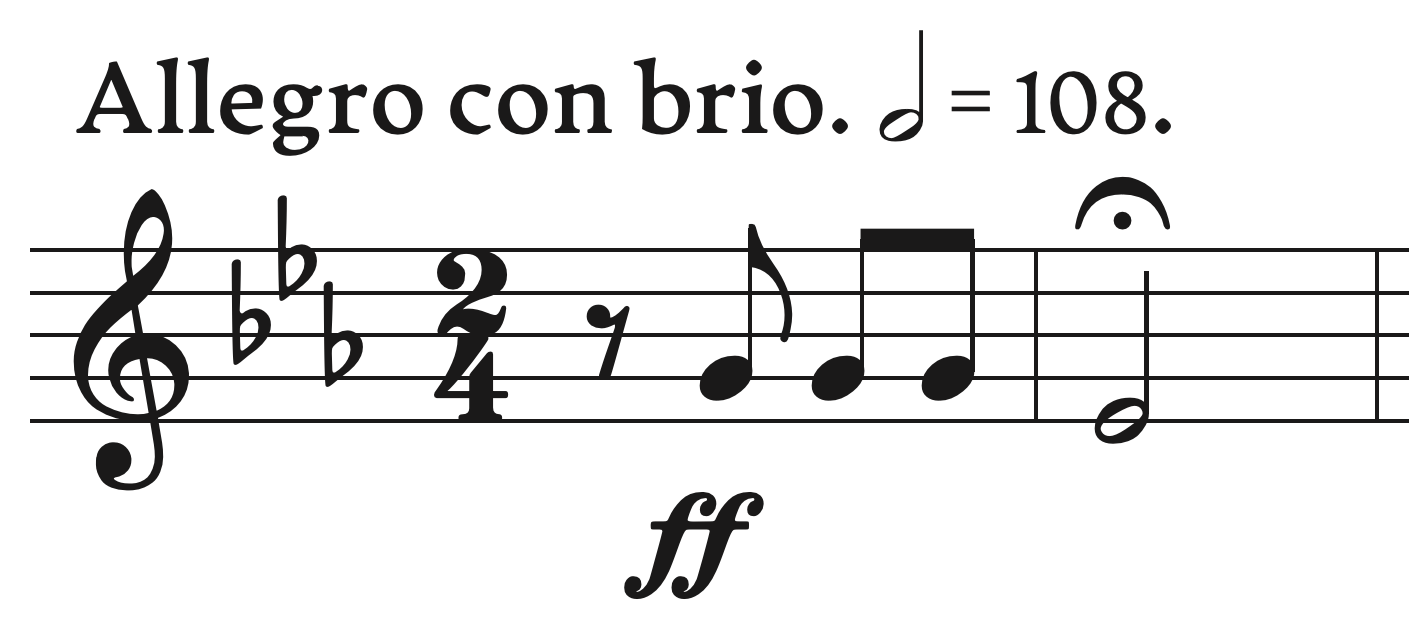Quick Definition
An axiom is a logical presupposition that cannot be proven to be true – instead, we take it on faith that it is true.
Use in Mathematics
In mathematics, subjects like Geometry rely on a set of axioms that mathematicians "take on faith" in order to begin using mathematical induction to draw conclusions and develop more advanced theorems. Changing these axioms can lead to dramatically different results – for example, you can obtain spherical geometry and hyperbolic geometry by changing just one axiom of the standard Euclidean geometry that many of us were taught in school.
Analogy With the Arts
Drawing a parallel with the arts can be a little difficult here. A concept such as an axiom begins to seem a little fuzzy in a field like music composition as many elements that are essential to an artistic expression may not have an actual truth value.
For example, I could consider the fourth postulate (axiom) of Euclidean geometry:
"All right angles are equal to one another."
This, again, is something that I am not able to prove, but I believe that it has a truth value (it either is true or it isn't) and I believe that it is indeed making a true claim.
A Musical Axiom?
If we look for something like an axiom in a piece of music, we begin dealing in very abstract terms and we may quickly lose any sense of whether our axioms (or better yet our musical materials) are "true."
Maybe in composing a new piece of music, I decide that the primary musical element from which everything else will derive is a brief, four-note motive:

I'm not taking the truth of this musical gesture into consideration – the only way that we could meaningfully talk about this gesture being "true" would be in an aesthetic sense: "is it a convincing musical idea?"
However, there is some similarity here to the mathematical axiom in that both the axioms of Euclidean geometry and the opening material of Beethoven's 5th have to "come out of thin air." The human imagination (and ultimately the infinite creativity of God) is necessary to pull these ideas into existence.
Castles in the Air
In this sense, I view a mathematical proof and a piece of music as being rather similar – both are structures or perhaps pieces of architecture that seem to sit on nothing but thin air. Each rises from these invisible and incorporeal foundations in an intentional and well-designed pattern. We can look at each and see a complete intellectual "building," with each brick resting on the one below, until we get to the very bottom and wonder what's holding it all up! This analogy is not my own; similar metaphors have been used by a variety of authors including Hofstadter and others when discussing the foundations of mathematics. In addition, composers and music theorists have compared the form of compositions in Western Music to architecture for centuries – I have not here tracked down the origin of this phenomenon. The phrase "castle in the air" seems to originate with the 13th century text Le Roman de la Rose with the idea of building in the air without a foundation perhaps originating with Augustine. See this fascinating article on the topic.

Further Reading/Watching
The video from Veritasium linked below outlines many of these concepts in the field of mathematics quite elegantly. Formal systems, axioms, and constraints start to get really interesting when we encounter the ideas of Kurt GödelGödel's Incompleteness Theorems
The Foundational Crisis of Mathematics
Disclaimer: I'm not a mathematician or historian of mathematics. This description is that of a layperson; corrections and pushback are welcome.
At the start of the 20th century, mathematicians became increasingly worried about the foundations of mathematics – the subjects and concepts that formed the basis for more advanced topics in the field. Various logicians had uncovered paradoxes arising from principles of logic and set theory (two of the fun....
Resources
- Gödel, Escher, Bach- An Eternal Golden BraidGödel, Escher, Bach- An Eternal Golden Braid
Purchase a copy on IndieBound.
Read the Wikipedia article on GEB.
Background
I first encountered this book by Douglas Hofstadter in... - Veritasium: Math Has a Fatal Flaw
Last modified on 01-28-2022.